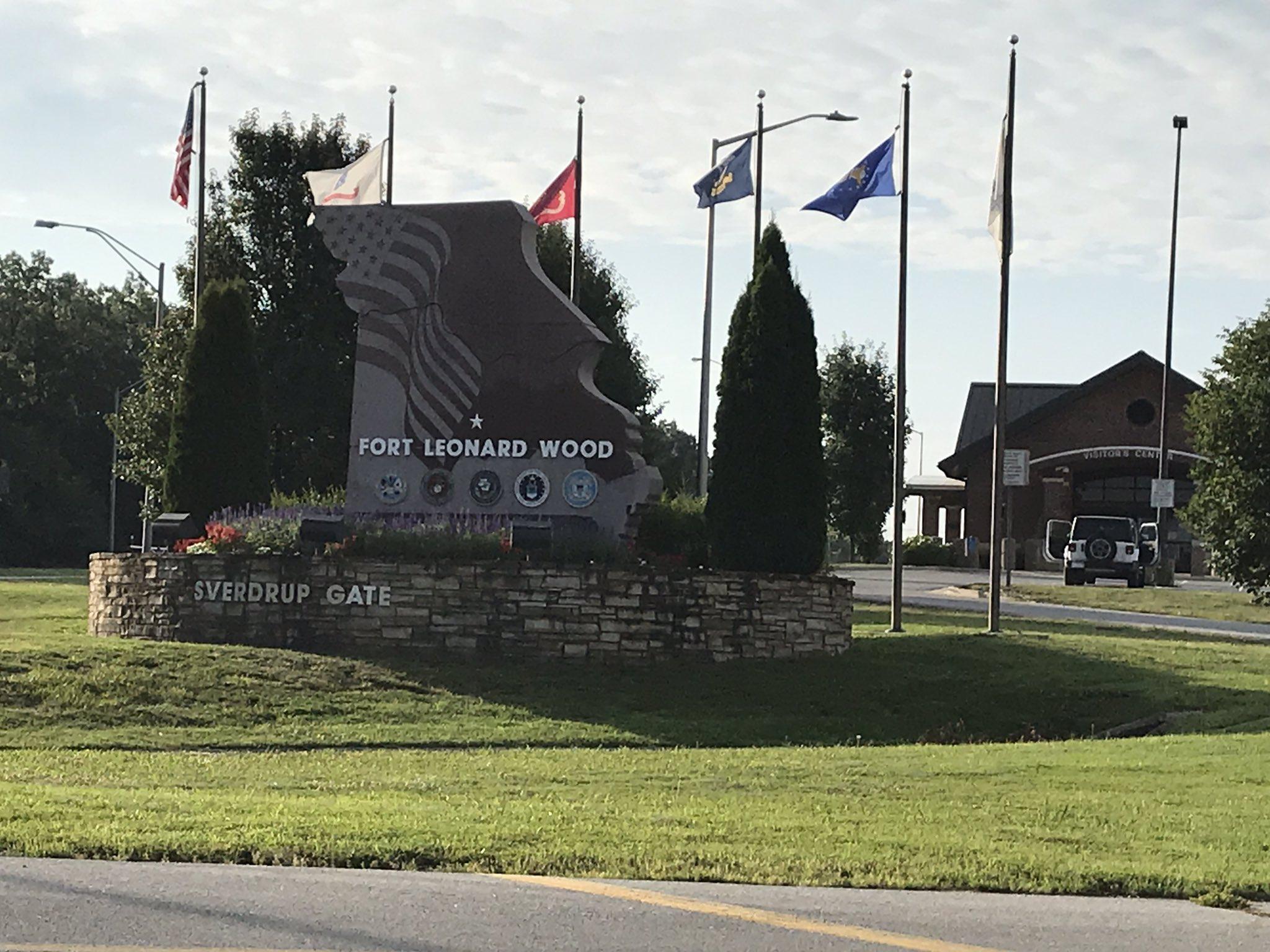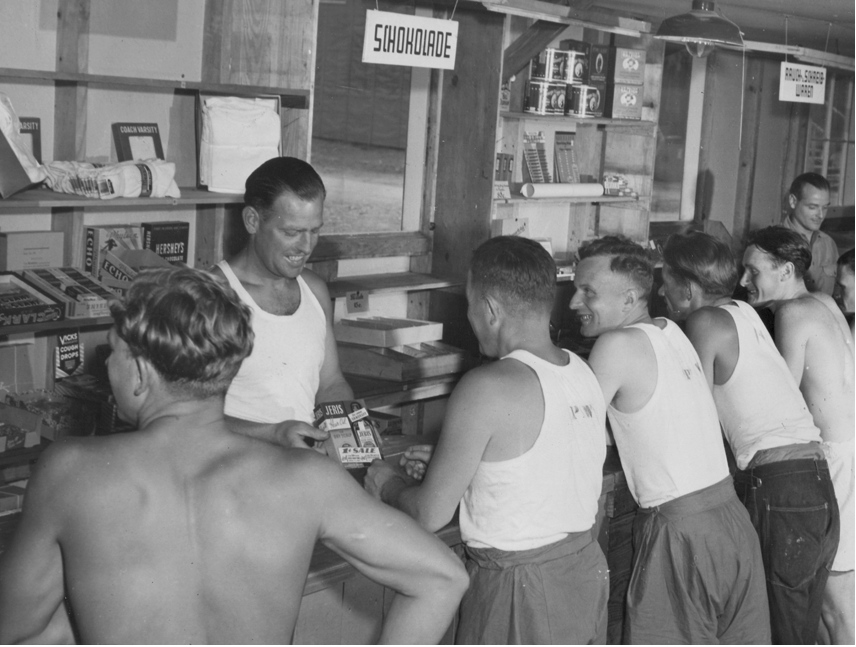

: 10 Hunnewell agreed to fund Wood's education at Harvard Medical School, and Wood began attending courses in October 1880. Hunnewell, a philanthropist who had provided college tuition for other promising young men. : 8–10 With the assistance of a relative, Wood was introduced to wealthy businessman H. : 8 Wood's mother was able to support herself and Wood's brother Jacob by taking in boarders, while Wood moved away to further his education and obtain a profession. : 8–9 In 1880, his sister Barbara died, followed soon after by the death of his father.


: 8 Wood tried unsuccessfully for an appointment to the United States Naval Academy and considered going to sea on an Arctic expedition or as a commercial fisherman. Wood was raised in Pocasset, Massachusetts and educated by a private tutor, then attended Pierce Academy in Middleborough, Massachusetts. He was president of the Sons of the Revolution from 1910 to 1911. Wood was also a member of the General Society of Colonial Wars and the Sons of the Revolution. He served as Governor General of the Mayflower Society from 1915 to 1921. : 7–8 His family was of English descent, and Wood was descended from Mayflower passengers William White, Francis Cooke, Stephen Hopkins and Richard Warren.

Charles Jewett Wood (1829–1880) and Caroline Elizabeth (Hagar) Wood (1836–1910). Wood was born in Winchester, New Hampshire on October 9, 1860, one of three children born to Dr.
2.10 Governor General of the Philippines. Although admired by his generation for his honesty, forthrightness, and his intense and vigorous approach to life, he fell short of greatness. He was particularly representative of an era that valued moral and physical strength. Wood played a significant role in shaping many of the United States's major developments in the early twentieth century: progressivism, expansionism and colonialism, military reform, preparedness and American intervention in World War I, and the election of 1920. He held that position until his death in 1927.īiographer Jack Lane sums up his importance: Wood retired from the army in 1921 and was appointed Governor-General of the Philippines later that year. Wood received the most votes on the first four ballots of the convention, but the Republicans nominated Warren G. Pershing.Īfter Roosevelt's death in 1919, many of Roosevelt's former supporters backed Wood for the presidential nomination at the 1920 Republican National Convention. Several Republican leaders supported Wood for the role of commander of the American Expeditionary Forces in World War I, but the Woodrow Wilson administration selected John J. President William Howard Taft made Wood the Army Chief of Staff in 1910, and Wood held that position until 1914. After the war, Wood served as the Military Governor of Cuba, where he instituted improvements to medical and sanitary conditions. Wood was promoted to the rank of brigadier general during the war and fought in the Battle of San Juan Hill and other engagements. At the outbreak of the Spanish–American War, Wood and Roosevelt organized the Rough Riders, a volunteer cavalry regiment. He received the Medal of Honor for his role in the Apache Wars and became the personal physician to the President of the United States. Wood was bypassed for a major command in World War I, but then became a prominent Republican Party leader and a leading candidate for the 1920 presidential nomination.īorn in Winchester, New Hampshire, Wood became an army surgeon after earning a Doctor of Medicine degree from Harvard Medical School. During the Spanish–American War, he commanded the Rough Riders, with Theodore Roosevelt as his second-in-command. He began his military career as an army doctor on the frontier, where he received the Medal of Honor. He served as the Chief of Staff of the United States Army, Military Governor of Cuba, and Governor-General of the Philippines. Leonard Wood (Octo– August 7, 1927) was a United States Army major general, physician, and public official.








 0 kommentar(er)
0 kommentar(er)
